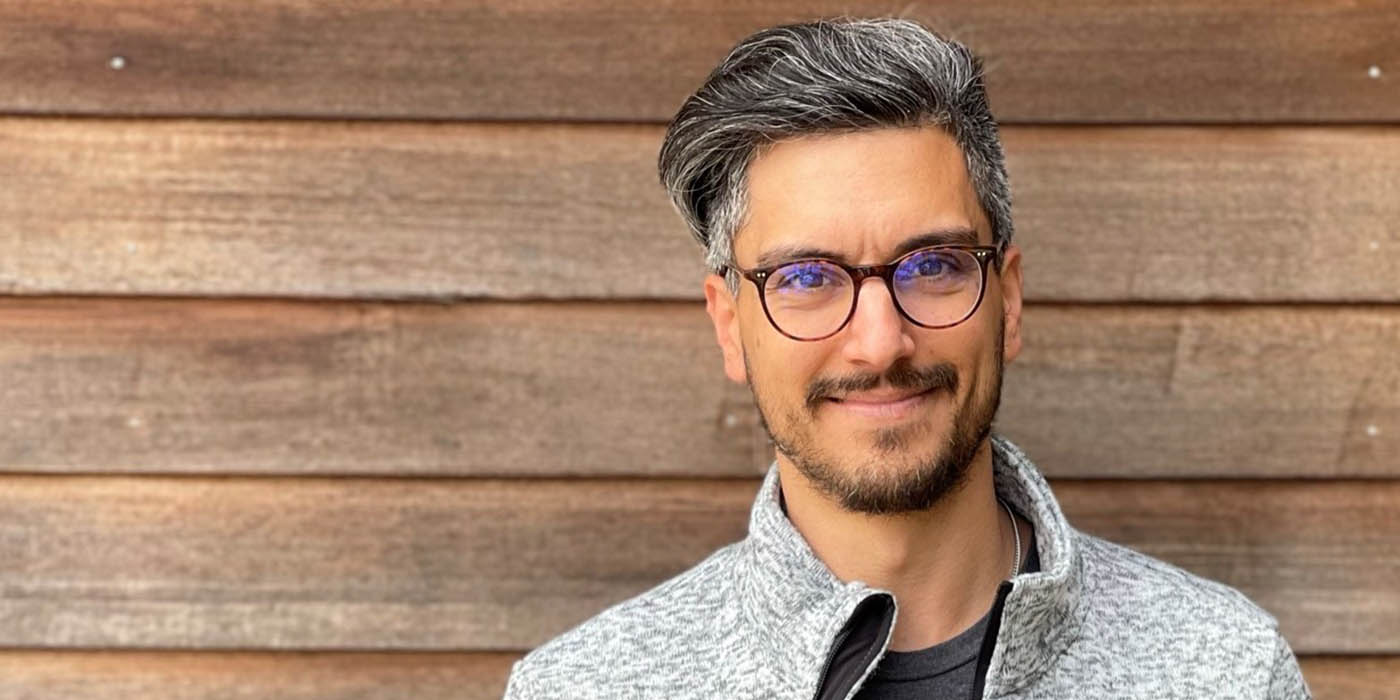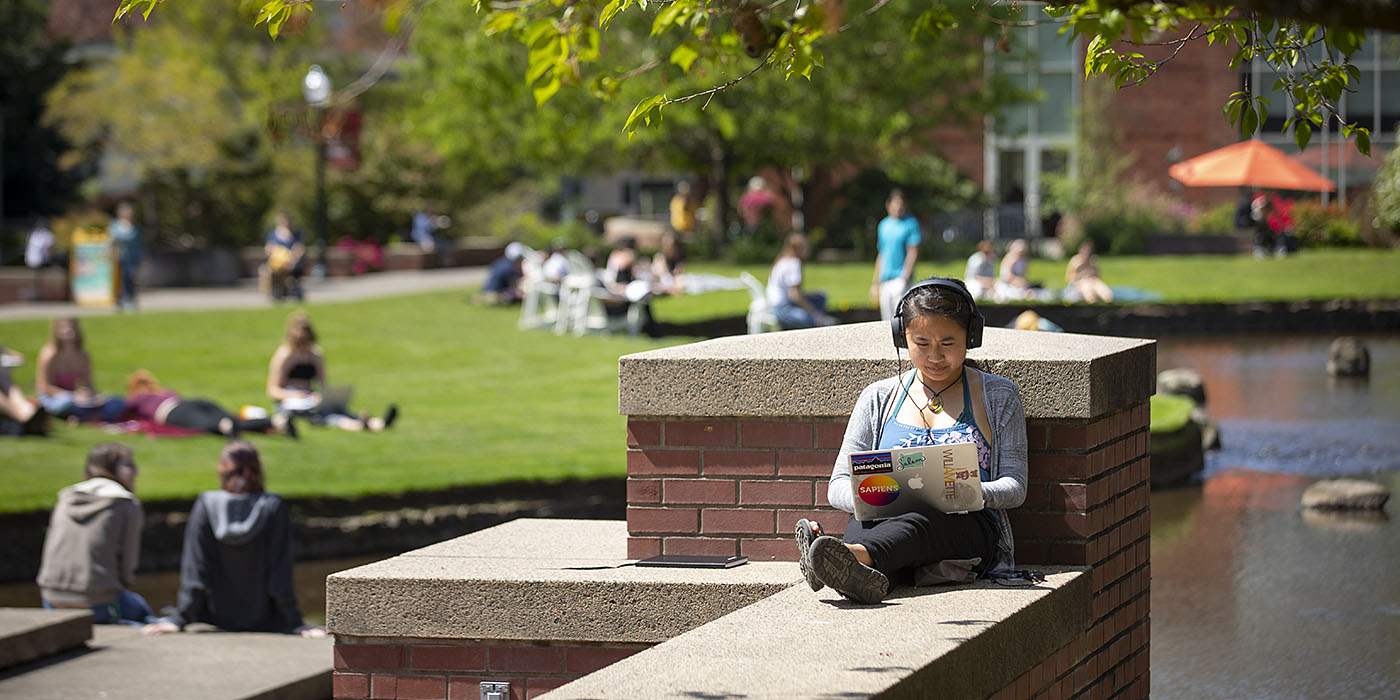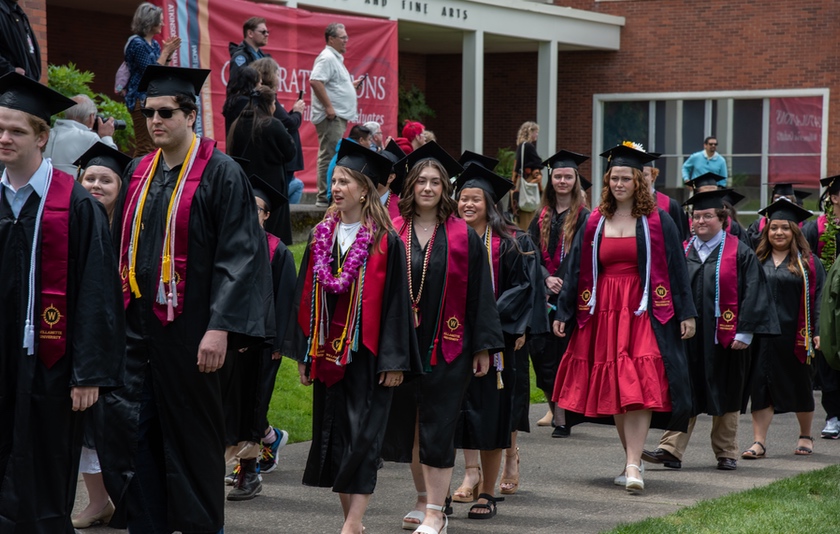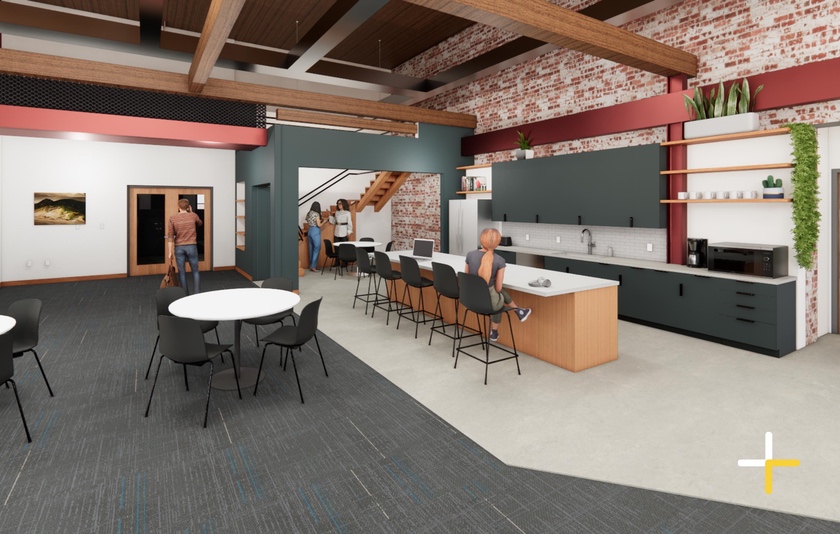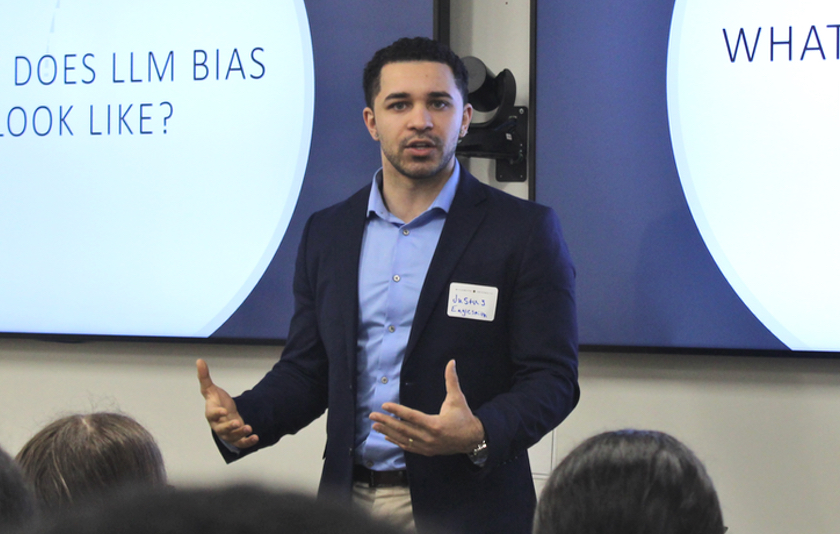In the world of winemaking, where producers must forecast consumer demand years from now, uncertainty is part of the process.
For Coelho Winery in Amity, one of Oregon’s larger wineries, months of disruption from the pandemic required its small staff to rethink its focus — the majority of its sales were made in bars and restaurants, so the winery had to shift its stock online — and also test skills that David Coelho ’08, vice president of national sales, said he first learned as a student at Willamette University.
“A liberal arts school teaches you critical thinking, and the rigors of study helped me learn how to manage high-pressure situations,” he said. “It’s not just technical knowledge that you use.”
The university’s smaller setting fit his introverted nature, and he felt he could explore its breadth of classes before his double major in German and economics.
“Willamette helps you focus more on what you want to do,” he said. “At bigger state schools, it’s a lot easier to get distracted and become lost.”
A high school exchange program motivated him to spend time in Germany after he graduated, leading him afterward to professors such as Ludwig Fischer, who inspired his interest in history and literature. The year away from Willamette forced him to cram more higher-level classes into his senior year, along with his senior thesis, and the habits he developed to manage academic intensity — as well as critical thinking — help him manage his job today, he said.
“With wine, each year is different,” he said. “The way you get better is through collective knowledge — how vintages sell, your memory of previous years. If something poorly affected one year’s crop, then you have to remember what you did then and what you want to do differently, and focus on that.”
Coelho couldn’t get enough of the language or the country. He spent his junior year abroad at the University of Dortmund, now the Technical University of Dortmund, then attended the University of Bonn after he graduated, earning a master’s degree in european integration studies with the intention of working at a financial or consulting firm. But in 2010, his family’s winery was in need of a new winemaker, so he spent nearly six years there in that role then as a sales associate.
“It was trial by fire,” he said. “You only have one shot with grapes — they only get harvested once a year — and when you pick them, how you ferment them, how you handle those grapes can affect how that wine’s going to turn out.”
In 2016 he returned to Germany — this time with his wife, who is German — and became an assistant winemaker for Weingut zur Römerkelter in Maring-Noviand, a small family-owned organic winery within the Mosel region. Two years later he moved back to Oregon with his growing family and started working at Keeler Estate Vineyard, where he expanded its distribution market, managed the facility and redesigned a few of its labels.
Coelho returned to his family’s winery in September 2020 at the height of the most destructive fire seasons on state record. Luckily, the business wasn’t affected too much — it ran into some challenges with bottling and it moved up its harvest days, but the taste of the wine remained unchanged.
Coelho Winery is still navigating the impact from the pandemic, however. Small wineries typically get their start at restaurants, first by landing on the bottle list then if they’re lucky, on the glass pour list. If the winery gains a following, it can advance to the retail sector. But the pandemic flipped that model on its head, Coelho said, and the winery had to immediately shift to online sales, buoyed by strong customer support.
Fewer than 10 people are employed at the winery, and when Coelho began working again, they were down to one salesperson and facility worker, so he made up the loss. He plans to stay there until they can get back on track, he said.
“We don’t know what the future holds, especially what states will do with restrictions and for how long, but I want to stay here until we become nimble enough to adjust quickly.”

